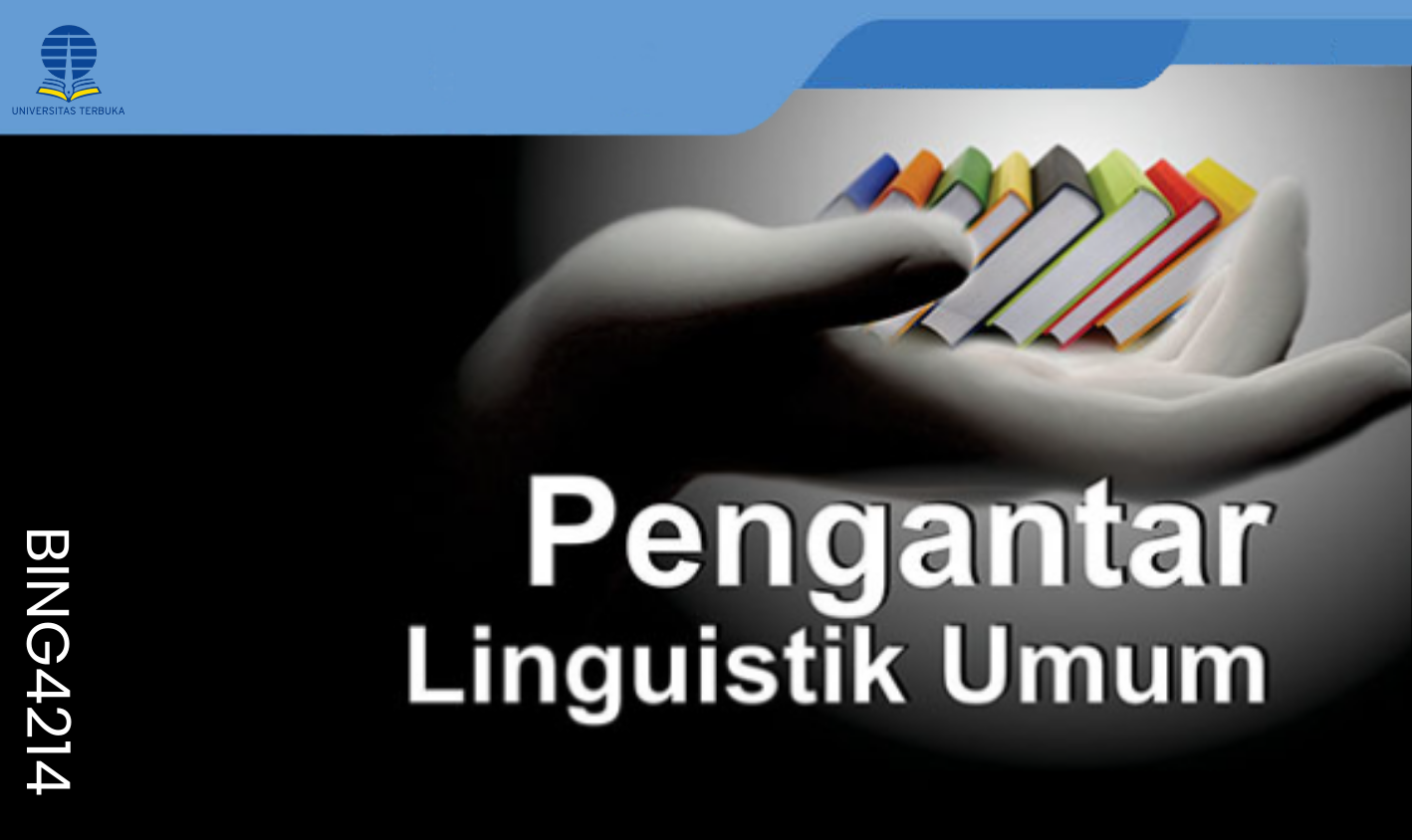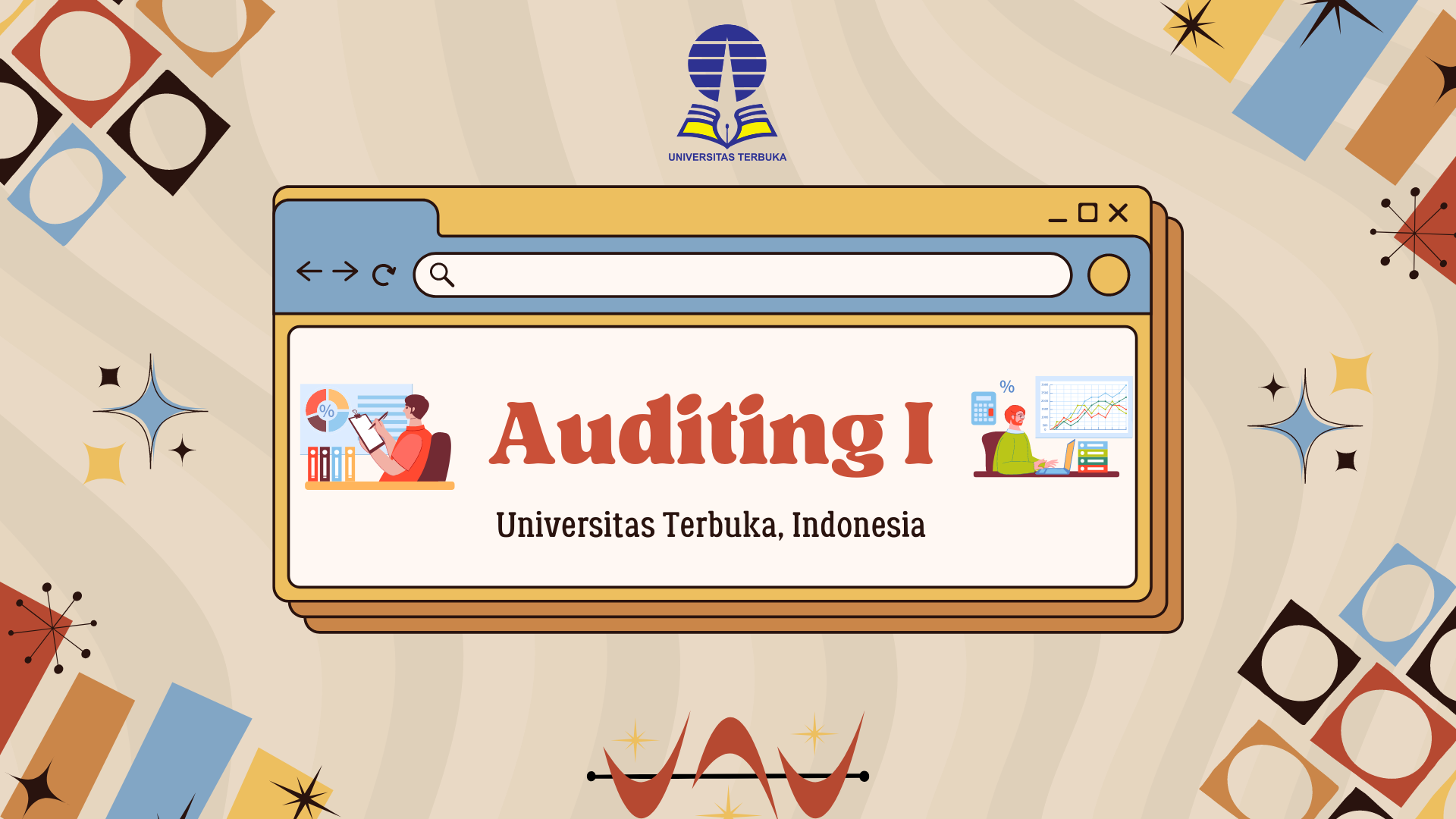
Hello and welcome, everyone!
About The Course
This course aims to provide a comprehensive understanding of the principles of good governance—such as transparency, accountability, responsibility, independence, and fairness—and their application in the public sector; hence, students are expected to be able to apply the principles of good governance based on relevant theories to public sector entities.
Learning Outcome
Topic 1: Characteristics and relationships between contracting parties in the public sector
- Module 1: We'll start by defining 'Good Public Governance' from both international and Indonesian perspectives.
- Module 2: Next, we'll identify the characteristics that signify good governance in public sector entities.
- Module 3: We'll conclude this topic by examining the relationships between contracting parties in the public sector.
Topic 2: Theories and understanding governance challenges
- Module 4: We'll explore theories that explain behavioral and socio-economic motivations in public sector entities.
- Module 5: We'll equip you with foundational theories that are crucial for understanding governance challenges.
Topic 3: Principles and their application in the real world
- Module 6: We'll discuss the principles of good governance and how they are implemented in the public sector.
- Module 7: We'll identify how these principles are applied in real-world scenarios.
- Module 8: We'll conclude by discussing the practical challenges and case studies related to implementing good governance.
By following each module and completing all exercises, assignments, and tests, you will successfully master the set objectives of this course. Class activities include downloading materials, taking quizzes, and participating in discussion forums. A competency test will be conducted at the end to earn your certificate.
Thank you for participating in this course. If you have any questions, feel free to contact us via email: [email protected]
Dr. Ira Geraldina, Ak., CA., CIRR., CFE
Email: [email protected]
With a formidable foundation in academia and a focus on accounting, she has achieved a Doctor of Science in Accounting and a Master of Science in Accounting from the University of Indonesia’s Faculty of Economics. Her educational journey began with an undergraduate degree from Padjadjaran University’s Faculty of Economics, where she specialized in accounting.
As an esteemed lecturer, she excels in financial accounting and governance, bringing a wealth of experience from her research in the financial, banking sectors, and state-owned enterprises. Her scholarly contributions have enriched national and international literature, particularly in areas like earnings management, window-dressing, governance, and risk management.
Beyond academia, she actively contributes to community services, collaborating with the Indonesian Agency for Creative Economy, and imparting knowledge as a trainer in several esteemed institutions. Her commitment to community empowerment is evident in her volunteer work with Jakarta Berdaya and her role as an investment analyst for state equity in local enterprises.
Her publications stand as a testament to her expertise, with notable works on the financing aspects of the creative economy in documentary filmmaking and Muslim fashion entrepreneurship. Her insights into innovation, entrepreneurship, and greenwashing practices in ASEAN corporations have also been well-received.
Since joining Universitas Terbuka in 2021, she has been at the forefront of advancing open and distance learning methodologies, as well as public sector governance. Her book “Tatakelola Sektor Publik” marks a significant entry into the public governance discourse. Her dedication to global academic partnerships is highlighted through her collaborative research on AI in scientific research with Universiti Sains Malaysia and on greenwashing and earnings quality with Universiti Teknologi Mara-Malaysia.
Ratna Marta Dhewi, SE., M.Acc., Ak, CA
Email: [email protected]
Holding degrees from distinguished Indonesian universities, she is a luminary in the accounting field, with her academic journey encompassing both a bachelor’s and a master’s in accounting. Her deep commitment to public service is mirrored in her voluntary contributions to community activities, and she is known for fostering collaborative research ventures with students, alumni, and international partners. Her efforts focus on crafting tangible solutions to real-world issues, culminating in published works and secured intellectual property rights.
As an influential figure, she serves on the Public Accounting Lecturer Forum's board, supported by the prestigious Institute of Indonesian Chartered Accountants (IAI). Her leadership extends to her current role as the head of the Public Financial Accounting study program at Universitas Terbuka, where she champions the dissemination of best practices in public sector governance, with a special emphasis on Asian and Indonesian contexts.
Her vision for the course is to cultivate a profound understanding of international public sector accounting standards (IPSAS), encouraging a comparative analytical approach among her students. She is driven by the aspiration that the Public Financial Accounting Study Programme at Universitas Terbuka will be instrumental in propelling forward the quality and efficiency of public services.
Course's Feedback
4.75/5
2 assessment(s)




